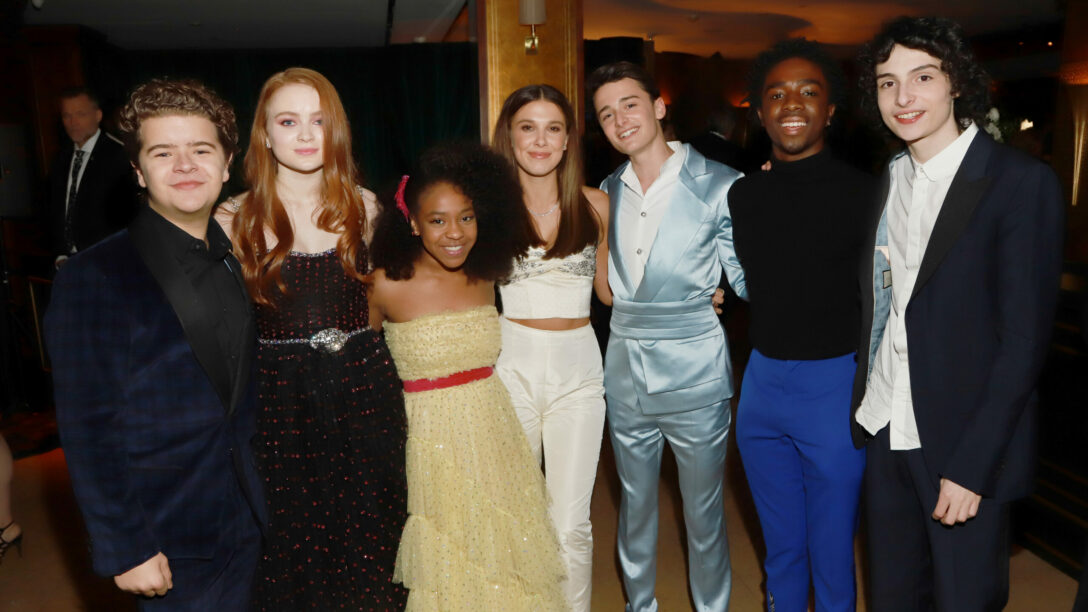At this point, would anyone be surprised to see Elon Musk or Kanye West offer predictions for the year in Hollywood? The Writers Guild will (or won’t!) strike. Apple will (or won’t!) buy a studio. Yadda yadda… everyone’s got a take on this stuff, and most are wrong… until maybe they’re right, and then the victory lap ensues.
The bottom line: This year’s gonna be bad. The ad market hasn’t yet hit its low, inflation and interest rates have stunted dealflow, the movie business is expected to improve but there aren’t enough releases planned to match pre-pandemic box office, it’s unclear if the advertising tiers will reverse the fortunes of the streamers, and the Wall Street investors who have killed the entertainment companies’ share prices are the same people who encouraged them to go all-in on streaming in the first place. Not great!

















